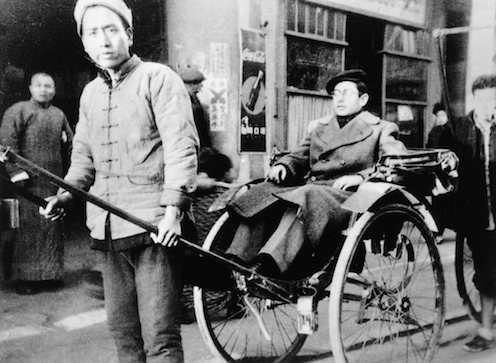The Port of Last Resort

Full Description
The lost Shanghai, a city of extreme contrasts, is revealed through a dazzling array of archival materials: rare home movies, photos, propaganda films, newsreels, relief reports, secret documents and personal and published writings by refugees. An enthralling score by avant-guard Jewish composer John Zorn punctuates a rare evocation of Shanghai’s European districts in the 1930s and ‘40s. Interview subjects, four of the thousands of Central European refugees who flooded into Shanghai, recall their experiences. In 1930, the city was a free port and home to thriving Sephardic and Russian Jewish communities. Until the Japanese invasion, no papers were required to live and work in Shanghai, and it was a safe haven for thousands of people fleeing Hitler. With the world at war, the city was in decline and tens of thousands of Chinese refugees began to arrive. The Japanese took over the city in 1943. Jews were forced into the district of Hongkew, where most survived two years of hunger, disease and repression thanks to well-organized support systems and good relations with their new Chinese neighbors. Most Jews fled the city shortly after World War II as the Chinese Civil War was raging.
Filmmaker Bio(s)
Paul Rosdy lives in Vienna. Since 1990 he has been working in film and video. After having graduated from film school in Vancouver, Canada, he has produced several short documentaries and educational programs in Austria, Canada and the United States. In addition he has organized documentary film retrospectives in Vienna. In 1994 Paul Rosdy co-founded Pinball Films located in New York and Vienna.
SELECTED FILMOGRAPHY
aul Rosdy:
You Don't Look For Street Signs When You're In A Jungle, 1991.
Release Day, 1992.
Matzo Balls, 1994.
The Port of Last Resort - Zuflucht in Shanghai, 1998.
Director(s)
Country(ies)
Language(s)
w/English Subtitle
Release Year
Festival Year(s)
Running Time
79

